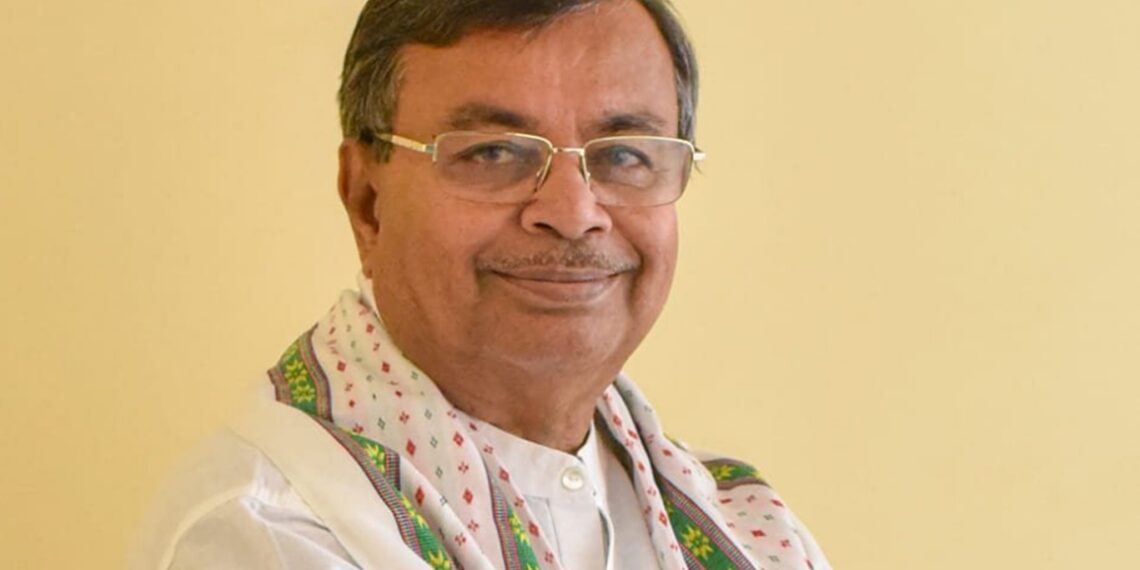AGARTALA: Tripura’s government will continue to supply electricity to Bangladesh despite pending dues amounting to over Rs 150 crore.
Power Minister, Ratan Lal Nath, reassured on Tuesday that the Tripura State Electricity Corporation Ltd (TSECL) has no immediate plans to discontinue the supply and it will only be considered if state grapples with acute power crisis.
“Currently, Tripura doesn’t face any power shortage and TSECL will continues to supply an average of 90 MW of electricity to Bangladesh. Discontinuation of supply to Bangladesh will only be considered in case of a severe power crisis in Tripura,” Minister Nath told the press.
Under a bilateral power purchase agreement inked with the Bangladesh Power Development Board (BPDB) in 2010, Tripura is obligated to supply 100 MW of power to the neighbouring country and the government believes, cutting off supply may potentially impact international trade.
However, currently, Bangladesh receives an average of 90 MW of power from Tripura, informed Minister Nath.
TSECL Managing Director, Debasish Sarkar, highlighted that the pending bill owed by BPDB has exceeded Rs 150 crore and efforts are afoot to resolve the financial issue.
“Efforts are underway to expedite the clearance of dues. We are in constant communication with the Bangladesh authority,” Sarkar added.
Additionally, Sarkar highlighted that TSECL has limited power supply to Bangladesh due to the exorbitant cost of electricity purchased during peak demand periods, which can go up to Rs 12-13 per unit.
“Selling electricity at such high prices to our neighbour isn’t economically viable for us,” he stated.
Over the past year, Bangladesh authorities have struggled to make timely payments, resulting in a significant increase in outstanding amounts owed to Tripura.
Previously, TSECL had reported a decline in power generation from Tripura-based plants by 60 to 70 megawatts, prompting the need to procure electricity from external sources.
“We used to have more power than we needed, but now, due to increased domestic demand, we must buy electricity from outside sources,” Sarkar had explained.















